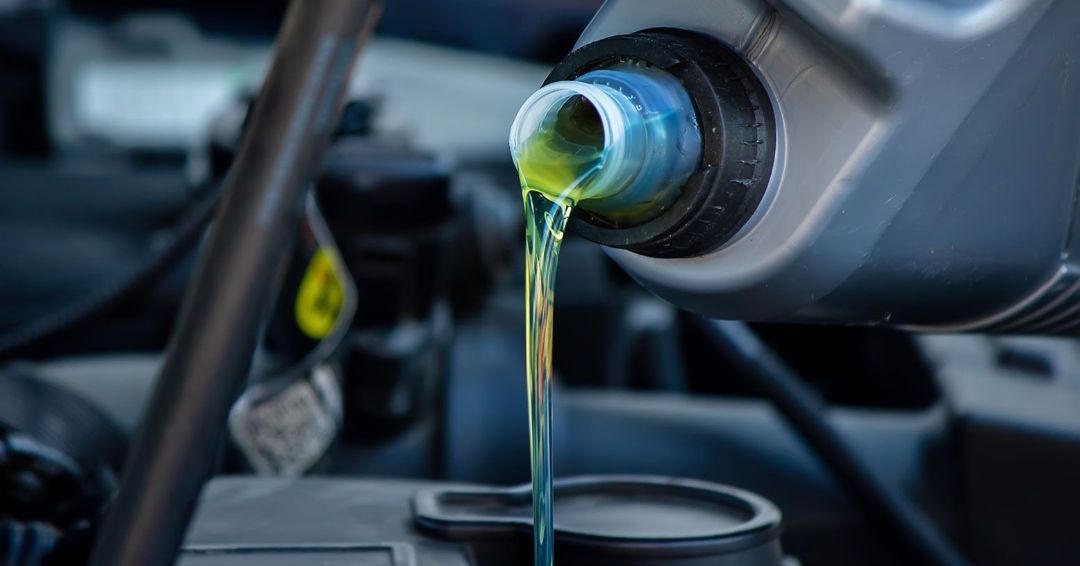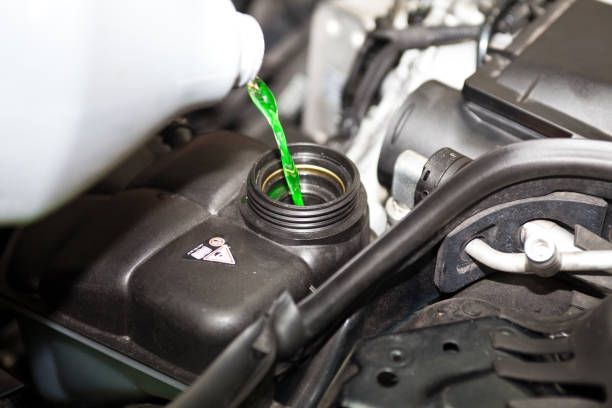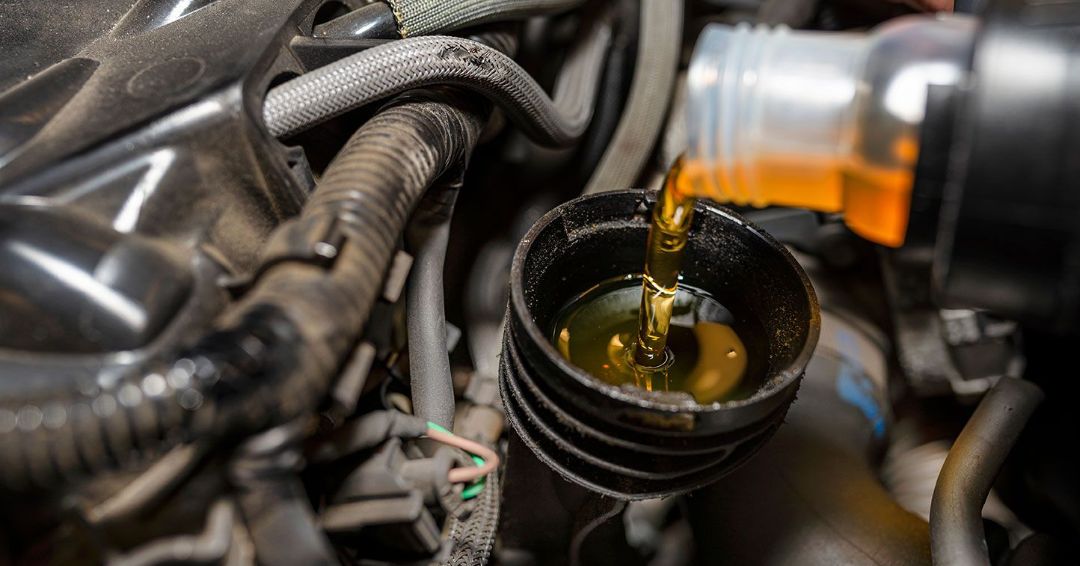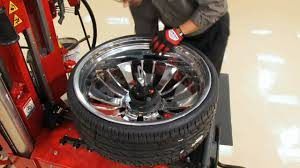What Happens When You Don’t Get an Oil Change?
Auto Shops Located in: Chapel Hill, Durham, Taleigh, Apex, and Cary North Carolina

Thanks for visiting the Chapel Hill Tire blog. Today’s post answers a question we hear quite often: “What happens when you don’t get an oil change?”
We know life gets busy and it’s hard to prioritize all the ‘gotta do’s.’ Work deadlines. Family responsibilities. Dental appointments. Home maintenance. (Did I forget to replace the furnace filter?)
When you can’t keep all the balls in the air, is it really that bad to wait a few more months to get an oil change?
Even if you have no mechanical knowledge, you probably suspect that it’s not a good idea to put off your regularly scheduled oil changes. Let’s explore why.
What happens when you don’t get an oil change?
First, let’s discuss what oil does in your engine. You may have heard that ‘oil is the lifeblood of your motor.’ This isn’t hyperbole; your engine couldn’t run without oil.
To continue the blood analogy further: just like blood, oil circulates through the motor. It enables the parts to perform their specific functions. It brings the necessary substances to the parts. This allows the entire system to work in harmony.
The most important thing oil does is to provide lubrication. When parts aren’t lubricated they create heat. Too much heat is a problem.
What happens when metal grinds on metal with no oil to provide lubrication and dissipate the heat? It’s not pretty. Eventually, the parts actually melt and weld to each other. This is called amalgamation. In an engine, it’s called seizing. If you think that sounds expensive to fix, you are right. You may need to replace the entire motor. Ka-ching!
Why do I need to replace my oil if I have enough? Can’t I just add more?
Now we’ve established why oil is critical. Your engine can’t run without it. But why do you have to replace it periodically if you have enough in there? Can’t you just add more?
As the oil makes its journey through your engine it passes over and through thousands of parts. It picks up fragments of metal, grit, and dirt. It also picks up soot. (Hence the combustion part of the internal combustion.)
Your oil filter does a great job of trapping these particles. It allows your engine to run for thousands of miles between oil changes. Eventually, however, the filter gets clogged with debris. It reaches the end of its useful life. Just like the furnace filter mentioned previously.
Motor oils have additives that improve their effectiveness. When oil gets dirty, it also compromises the additives. These include agents that prevent corrosion and anti-foam compounds. These additives don’t have an unlimited lifespan either.
How often should I change my oil?
Many North Carolina drivers are confused about this question. Auto manufacturers’ recommendations vary, but most agree that the old rule—every 3,000 miles—doesn’t apply to newer cars. This is due to improvements in materials and manufacturing.
Consult your owner’s manual for service interval guidelines for more exact oil change scheduling. While you’re at it, check which type of oil is recommended for your vehicle. Using the right type of oil is key. Your manufacturer may recommend synthetic oil. It’s important to follow the guidelines. Using the wrong kind could harm your engine. At the very least, it could void your warranty.
What are the benefits of getting my oil changed when I am supposed to?
- It will keep your engine clean and extend its life
- You will prevent unnecessary engine damage
- You will get better fuel economy
- You will pass your emissions test
- Your car will not release as much pollution (pat yourself on the back for being environmentally conscious)
- Your car will run better
- You will protect your investment
- You can prevent more costly damage from occurring
There might be something going on with your car that requires more frequent service. Even if you got your oil changed recently, don’t ignore warning signs. They could indicate a problem with your fluids or something else. You could have a leak.
What are the warning signs that my oil needs to be changed?
- Ticking or knocking noises
- Oil pressure light
- Oil level warning light
- Check engine light (this could indicate a number of other issues as well)
- You check your oil the old-fashioned way and it looks like thick Coke
- The little reminder sticker on your window
- Change in vehicle performance
- You can’t remember the last time you changed it
Let the Team at Chapel Hill Tire Keep You On Track
In addition to your motor oil, you need to replace all the other fluids in your car. That’s a lot to keep track of. Take a look at our oil change services or give us a call to talk to a service advisor at Chapel Hill Tire. We would be happy to set up a maintenance schedule. Let us worry about oil viscosity and service intervals.
It’s one more way we make life easier for our valued customers.
We’ve got all your automotive repair needs covered.















